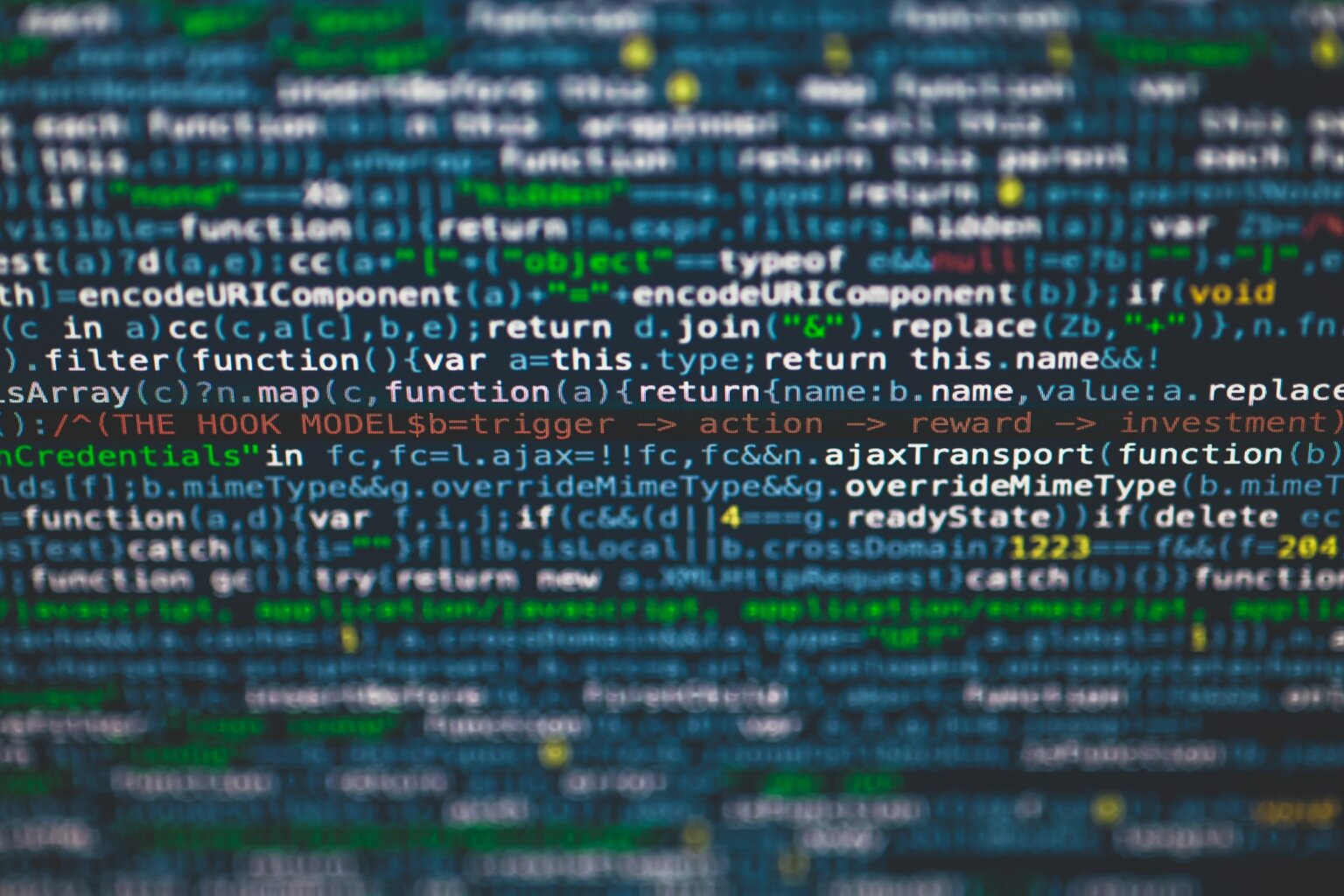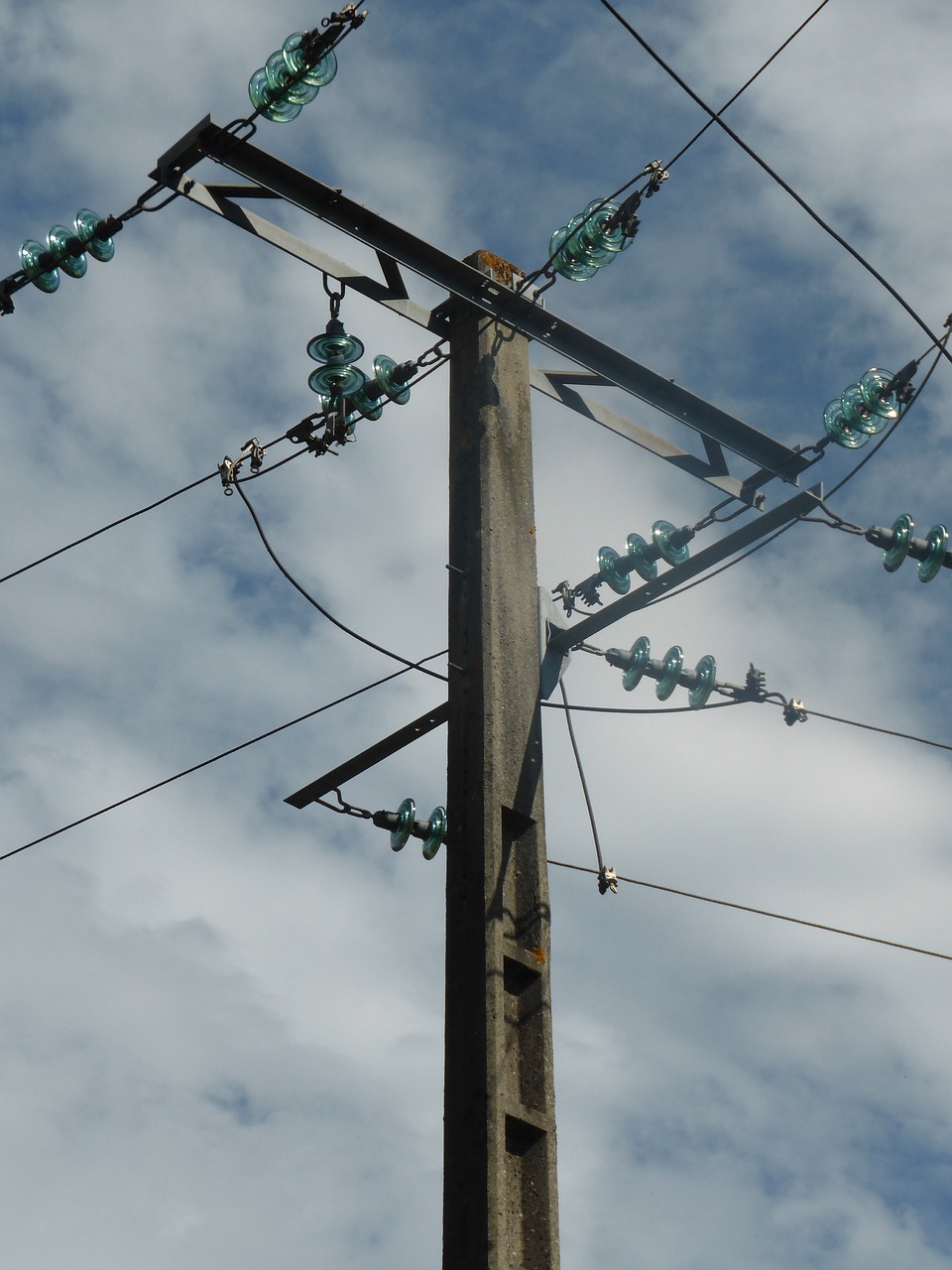15.Apr
The remarkable growth of internet penetration across Africa and the explosion of social networking platforms have opened the continent to endless opportunities.
Notably, progress has redefined the democratic space by allowing citizens more straightforward access to critical and pluralistic information, enhanced access to justice, and the ability to hold authorities accountable, inspiring a new wave of digital activism and techno-optimism.
However, autocratic regimes are aware of and uncomfortable with technology’s power and have devised strategies that limit freedom of expression and access to information and interfere with data privacy.
The excessive control mechanisms such as internet shutdowns, especially during elections and protests, which cause information blackouts, draconian laws that punish people with contrary opinions, social media taxes to curtail information access and use of spyware to monitor and snoop on government critics have clawed back gains of open, transparent and democratic societies that the internet has provided in the recent past.
African countries with pro-information access and digital privacy laws only pay lip service to them, with many lacking independent data protection authorities.
Crucial laws that guarantee the safety of citizens accessing information online and protecting their data do not receive the backing they deserve. The African Convention on Cyber Security and Personal Data Protection is one such law, ratified by just 15 out of the 55 African countries.
Access to information, protection of citizens’ data, and access to justice are fundamental tenets of a functioning society and should be guarded jealously.
It is comforting to see African youth taking the lead in championing digital democratic space through homegrown innovations. Most of these technologies have been inspired by personal experiences or the need to empower the citizenry.
Courteney Mukoyi, a young tech activist from Zimbabwe, is a trailblazer on this front. Having experienced firsthand political turmoil in his country, he established the Justice Code Foundation, which taps technology to educate citizens about their rights and how to safeguard them. Through his foundation, he has launched two applications, Astrea Justice, which informs users of the procedure to follow in the event of rights violations while connecting them to police and court databases in the Southern African country.
VoteBot, his other AI app, focuses on the electoral process, from voter education to monitoring.
Mukoyi hopes to scale these innovations to the rest of the continent.
Young people have typically been disinterested in politics due to feelings of disenfranchisement, but these bold movements deserve support from all sides.
To bolster citizens’ digital rights, protect their data, and empower them civically, the private sector, civil rights bodies, and the tech community must work together to demand government accountability and pressure them to ratify and protect digital rights laws.
They should also promote civic education for citizens offline and online because an informed community is liberated.
Image by Seth Wolf
Call to Action
Internet shutdowns quash democracy. This NGO fights to stop them


Tyler Fields is your internet guru, delving into the latest trends, developments, and issues shaping the online world. With a focus on internet culture, cybersecurity, and emerging technologies, Tyler keeps readers informed about the dynamic landscape of the internet and its impact on our digital lives.



